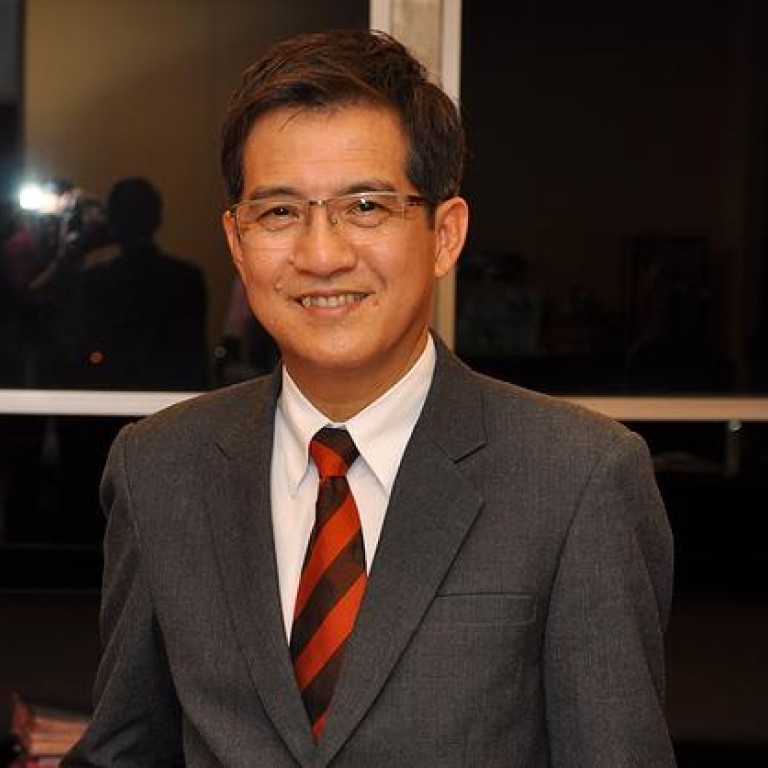
Community driven research brings global distinction to university
Fulfilling its mandate to uplift Isan, Thailand's northeastern region and the nation's poorest, has led Khon Kaen University (KKU) to groundbreaking research in agriculture, tropical diseases and basic education - all sources of global distinction for the northeastern region's largest university. Approaching its 50th anniversary, KKU is emerging as the educational centre of the Greater Mekong Subregion (GMS) and positioned strongly for Asean's economic integration.
Fulfilling its mandate to uplift Isan, Thailand's northeastern region and the nation's poorest, has led Khon Kaen University (KKU) to groundbreaking research in agriculture, tropical diseases and basic education - all sources of global distinction for the northeastern region's largest university. Approaching its 50th anniversary, KKU is emerging as the educational centre of the Greater Mekong Subregion (GMS) and positioned strongly for Asean's economic integration.
"Our motto is social devotion," says Dr Kittichai Triratanasirichai, president of KKU. "This will continue to drive our work as the hub of GMS."
Khon Kaen city, host of KKU's main campus since 1964, is centrally located in GMS and its economic centre. Srinagarind Hospital, KKU's main teaching hospital and the largest in Isan, serves as a medical hub for Laos, Cambodia and Vietnam. As one of Thailand's nine national research universities, KKU is leading multidisciplinary work in these GMS countries on cholangiocarcinoma (bile duct cancer) research and the Southeast Asian liver fluke disease. KKU is among the top five globally and Asia's No 1 in cholangiocarcinoma research.
The university's innovative approach to mathematics education, which elevated low aptitude in Isan's primary schools to satisfactory levels within four years, is being adopted as a national model for basic education in Thailand. KKU's analytic method, which will also be replicated within GMS, has drawn interest from institutions in Japan and the United States.
Home to Thailand's first science park, KKU is likewise pioneering agriculture and food technologies. It is developing new varieties of functional and organic food as part of continuing collaborations with industry partners such as Thailand's CP, Mitr Phol and Betagro groups. It was KKU's groundbreaking work that helped transform Isan's inhospitable terrain into productive fields for crop farming. Northeast Thailand nowadays is a major source of the nation's main crops such as rice, sugar cane, cassava and rubber.
"We try to increase the value-add for our farmers," Kittichai says. "We develop functional food varieties from healthy components found in vegetables and other produce."
With its science park due to host academia-industry collaboration for upcoming private industrial estates in Khon Kaen, KKU will intensify international partnerships, particularly within Asean by 2015. To foster such interaction across its 25 faculties, the university offers special scholarships and exchange programmes to top-quality researchers, professors and international students.
"Working with us is a good opportunity to make an impact on real-world health issues through multidisciplinary research," Kittichai says.
www.kku.ac.th
